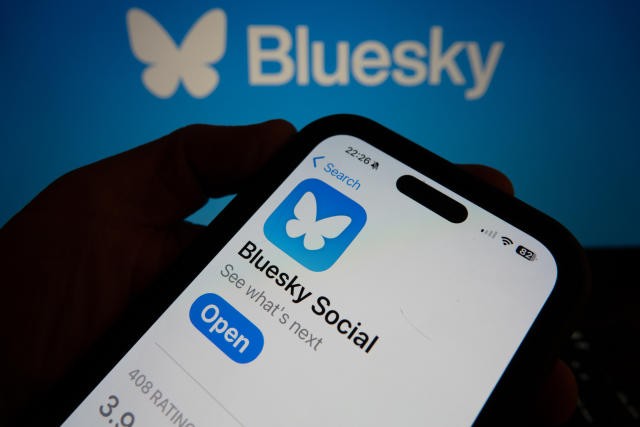
Bluesky Social, the decentralized social media platform, has announced stricter policies targeting parody accounts and impersonators amid growing concerns over account authenticity.
The platform now requires all parody, satire, and fan accounts to clearly identify themselves both in their display names and account biographies. This move comes as research shows that 44% of Bluesky's top 100 most-followed accounts have faced impersonation attempts.
The platform is also targeting "identity churning" - a practice where accounts initially impersonate others to gain followers before completely rebranding themselves.
Unlike traditional social networks, Bluesky uses a unique verification system where users must "self-verify" through custom domain names. This process requires users to add specific text to their domain's DNS record. For example, major organizations like the New York Times use their own domains (@nytimes.com) instead of the standard @person.bsky.social format.
However, this verification approach has created new challenges. When organizations switch to custom domain names, they often need to maintain control of their previous accounts to prevent impersonators from claiming them - a practice known as "handle squatting."
These policy changes reflect Bluesky's efforts to maintain platform integrity as it experiences rapid user growth and attracts more high-profile accounts, including celebrities and political figures.
The platform's safety team emphasized that while creative expression through parody remains welcome on Bluesky, transparency about account status is now mandatory for user safety and clear communication.